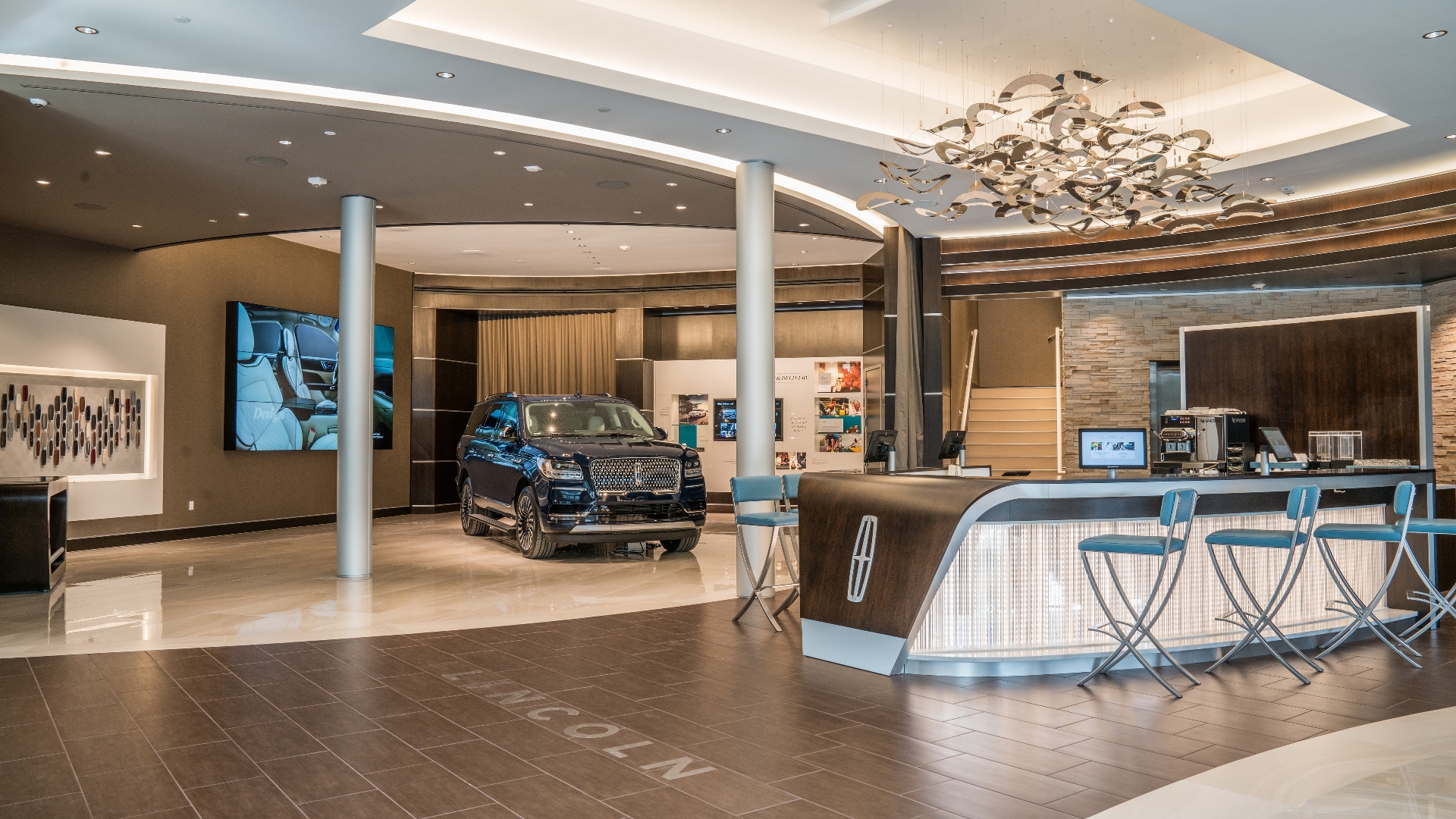

It might be easy to miss outside of those Matthew McConaughey commercials, but Lincoln has been on the rise over the past few years. By investing heavily in crossovers at the right time and delivering a one-two punch in its flagship sedan (Continental) and SUV (Navigator), Lincoln is a more relevant luxury brand now than it’s been since the Panther-platform Town Car reigned supreme in the days of luxury land yachts.
But Lincoln’s not quite there yet, and in an effort to further boost its image, the company is reportedly encouraging 150 dealers in 30 markets to open separate, stand-alone dealerships for Lincoln rather than having the luxury marque to share a building with Ford. The 30 markets in question account for 70 percent of all luxury car sales in the U.S., according to Automotive News.
Right now, about half of these dealers have already at least broken ground on a new space for Lincoln, and corporate wants the rest of them to follow suit. The expectation is for Lincoln to get a commitment to start work on a new showroom by next summer, with the new buildings being built by the end of the decade. In most cases, this won’t mean entirely separate dealership for Lincoln, just an exclusive showroom so that its luxury cars and SUVs don’t have to share any floor space with more plebeian Fords. Other components like financing and service can remain tied to the main Ford dealership.
So what’s the point? According to Automotive News, Lincoln’s overall retail sales grew 18 percent between 2014 and 2017, while standalone dealerships saw upwards of 48 percent growth in that same period. Separated stores can also command higher transaction prices and offer fewer discounts, bringing in higher margins and providing a win-win for the dealer and for corporate. Also, having a unique space that’s prettier and has better coffee just makes the luxury brand seem more special.
The fact that Lincoln is in a position where this is a viable plan is pretty impressive. Things weren’t looking so good for Lincoln having been hit pretty hard by the 2008 recession and having an especially slow recovery until the last few years. Now its product portfolio and brand reputation are at a point where the numbers suggest people want to come to a standalone Lincoln dealer.